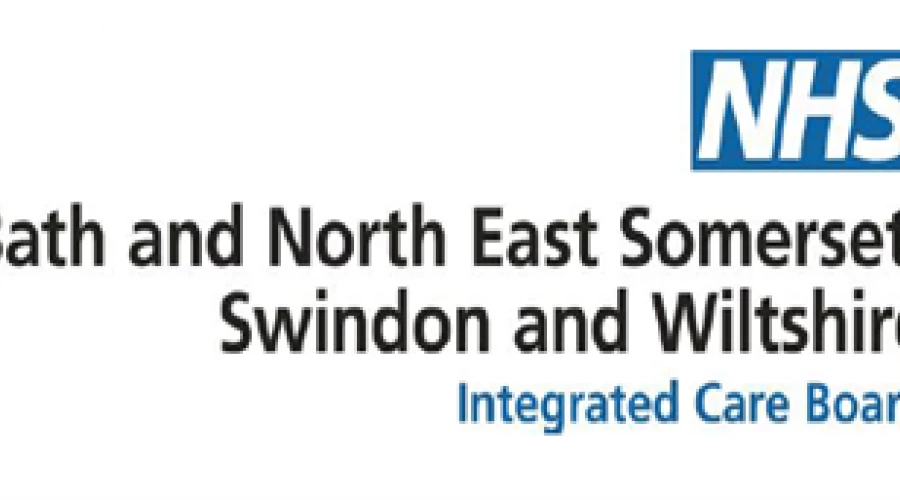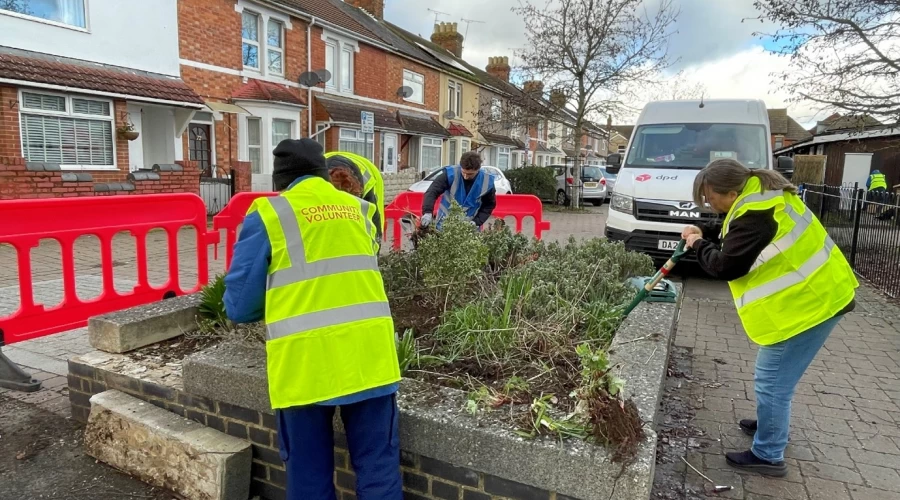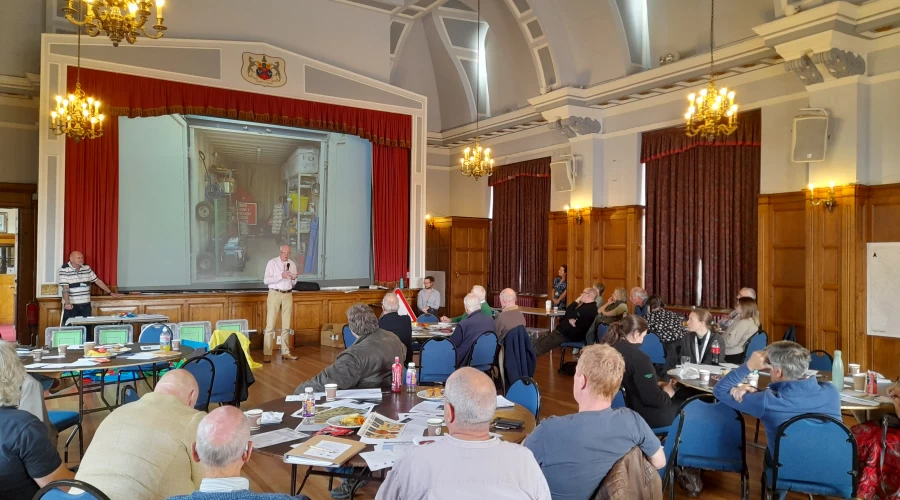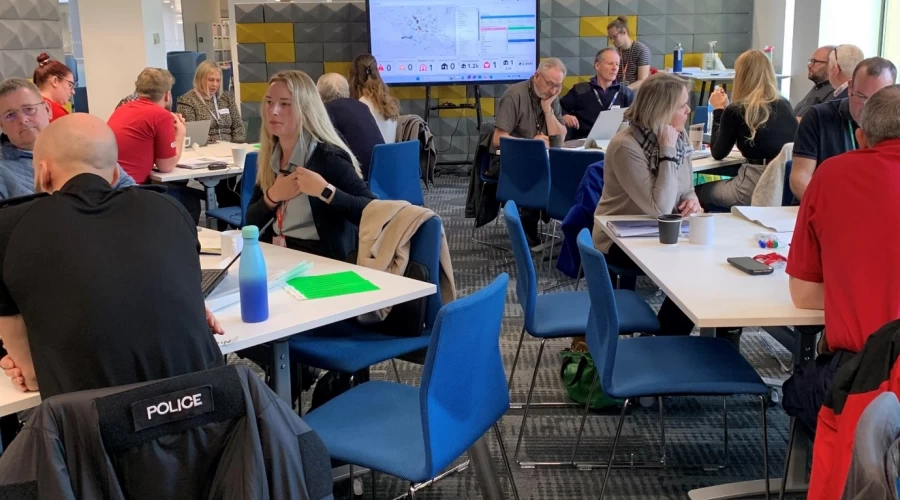Emergency Contact Hubs
Initial set up equipment for the hubs has been supported by a Scottish and Southern Electricity Networks (SSEN) Resilient Communities Grant
What are they?
In a disaster/emergency widespread damage to utilities, buildings, trees, and roads is likely to cause issues across the county. Our emergency services will be dealing with the most urgent incidents, so your local community will be the most immediate source of support and help.
An Emergency Contact Hub is your community’s place to go and help one another in an emergency. They are organised around whatever your community wants them to be, but primarily they are designed so that community members can help themselves, but also have a linkage into the emergency services and other responding agencies in your local area.
What’s the Purpose?
In an emergency the responding agencies will be heavily stretched, where they must prioritise urgent calls. Many of the minor issues can actually be resolved by the community themselves, often with just a little organisation or information required. The Emergency Contact Hub is designed to build on and enhance what is already in place in the community. It is not designed, nor does it intend to remove, any levels of responsibility that already exist that support our society.
The fundamental purpose of the Emergency Contact Hubs is that the community can come together to help one another, but also enables the emergency responders and community groups to feed information to one another. For example:
- Police Community Support Officer’s (PCSOs) can visit the site with important updates and can then take back any urgent issues and feed them up the chain.
- Warmth and welfare can be provided within the hub to anyone that needs it.
- Food and water can be dropped off at the site for residents/community in need.
- Activities to help in the incident can be coordinated at the hub.
- Community can come together with people in a similar position to themselves.
How is the Hub run?
In general, the hub is run by the community for the community. It uses the community venues themselves and is predominantly staffed by community volunteers. It’s essentially a place for the community to come and help each other. Each hub will have an emergency pack which will give some suggestions on roles to help the hub operate effectively e.g., supervisor and welfare, these do not need to be adhered to and can be altered to whatever suits the group or situation. There is also no requirement to predefine people to the roles, the system works so that you can open up and get started from there.
Related News

Free community sessions will help residents spot undiagnosed high blood pressure
2m read
BSW ICB - Free community sessions will help residents spot undiagnosed high blood pressure

Residents urged to help map Wiltshire's digital future through new 'Digital Wiltshire' platform
1m read
Residents urged to help map Wiltshire's digital future through new 'Digital Wiltshire' platform
Examples
Widescale Power Outage
- Community decides to open the hub.
- Information brought down to community via the hub from local responders (e.g., PCSO).
- Community information fed back up to responders via hubs (e.g., via PCSO).
- Community comes together to identify vulnerable who might need some help.
- Food dropped at hub for distribution.
- Community shares out torches and lighting facilities to those in need.
- Information on safe processes available at hub (e.g., how to keep food cool without a fridge).
- Focus point to report medical emergencies if 999 is not operational.
Flooding Event
- Community decides to open the hub.
- Community collates any issues that they are aware of.
- Communication fed into Local Authority/Environment Agency (via phone call/email or visit).
- Information and assistance passed down to hub.
- Resources passed into hub.
For more information on the scheme please contact:
Wiltshire and Swindon Prepared: wiltshireandswindonprepared@wiltshire.gov.uk
Downloads
Downloads
Emergency Contact Hub Guide
Emergency Contact Hub Guide for those who are wanting to or have already agreed to set up a hub. This document will be given to all agreed hubs in hard copy.
Emergency Contact Hub Booklet
Emergency Contact Hub Booklet
Emergency Contact Hub Poster
Emergency Contact Hub Poster
-constraint-19648.webp)


